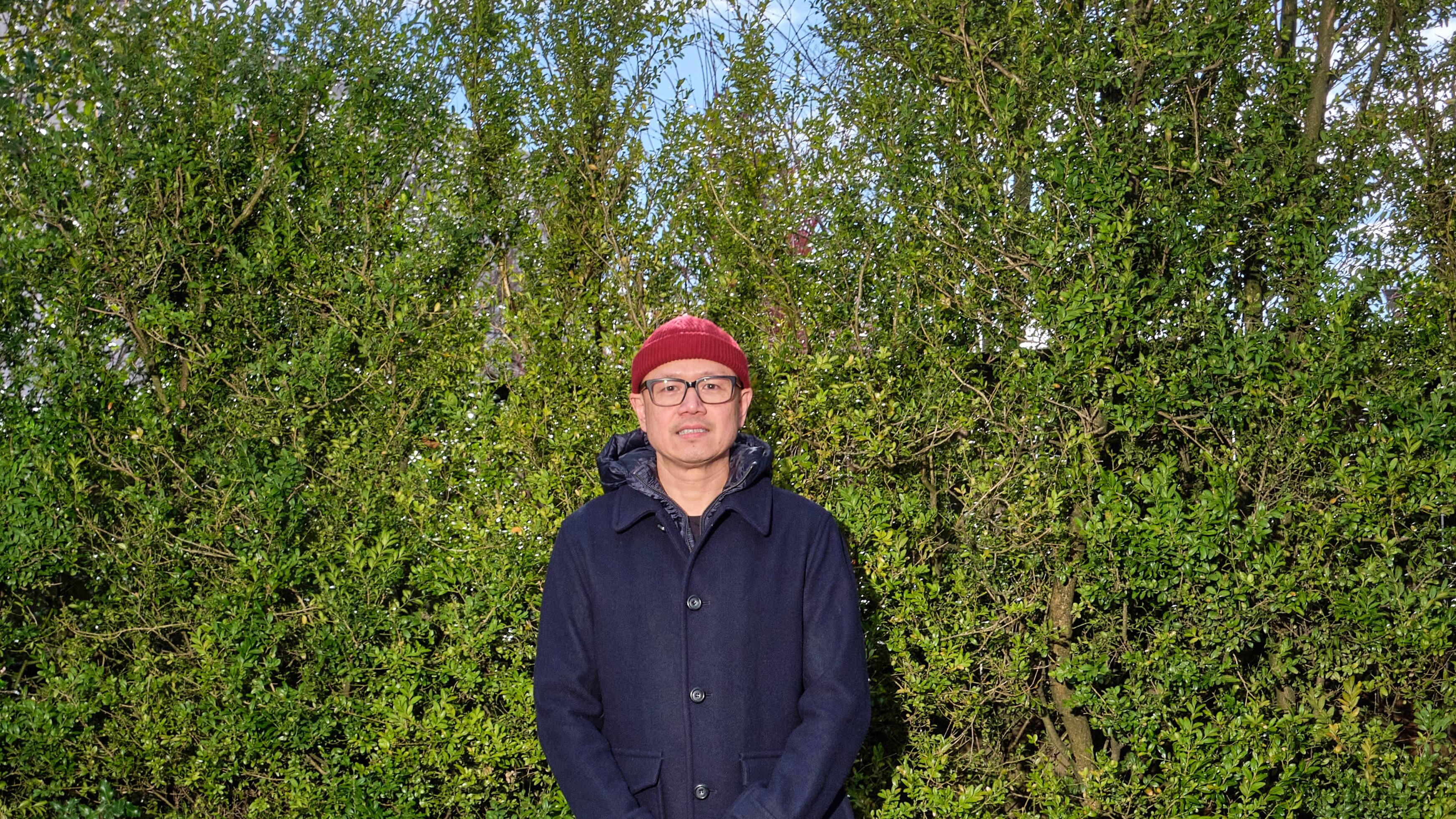Through industry and intellect, Earl Ninsom has become a local restaurant luminary, with multiple establishments—all Thai, but all different—in his portfolio. He was a national James Beard Award Best Restaurateur finalist and is broadly respected in Portland after more than 20 years in the industry.
After multiple other restaurant successes—think Eem, Hat Yai and Langbaan, for example—Ninsom opened Yaowarat in October 2023. The name is an eponym for Bangkok’s Chinatown, which provides culinary inspiration for the new restaurant. Yaowarat has been humming since day one, offering new-to-town Chinese-Thai dishes such as kuay teow kua gai (wide rice noodles stir-fried with chicken, pork fat, egg and chiles).
Ninsom managed a break in his crazy busy schedule to tell WW readers via email a bit more about himself and his career. His answers have been edited for brevity and clarity.
WW: How did you come to be called Earl?
Earl Ninsom: My mom’s English teacher gave me the nickname Earl when I was born, referring to the English nobility rank below king and prince. So, everyone has always called me Earl in Thailand, but with most Thais’ accents, it’s more “Ern” to them than actually Earl. Very few have ever called me by my official Thai given name, Akkapong.
What was your path to your current standing in the restaurant industry? What are your feelings looking back over the years?
I have been cooking since I was 8 years old, when my mom got sick and I tried to make her rice soup with pork meatballs from what we had in the fridge. Once she recovered, I was her right-hand man and in charge of the regular market run.
After my final exam in college, where I studied marketing, I moved to Los Angeles to work in restaurants and take ESL classes. After about seven to eight months, I headed north to Portland in late 2000.
I stopped by a place called Thai Corner, back then at Southwest 6th Avenue and Morrison Street, and they connected me with their cousin for a place to stay and jobs at several Thai restaurants in Beaverton and downtown Portland. At the time, this was the easiest thing for me with my training and doing it naturally as I grew up. And the money wasn’t bad, either. I worked a lot, like six and a half days a week, until I burned out in late 2001.
Just a week before the 9/11 attacks, I returned to Thailand. After three months on the couch, I went to grad school, studying business economics. So, besides restaurants, for years I worked as an international furniture buyer for a French retail store chain sourcing from Southeast Asian countries traveling monthly between the factories and France. Then, when my wife wanted to go to grad school in the U.S., I quit my job and we moved back to Portland.
I love to come up with fun, new, really good restaurants, creating new menus at Langbaan (when I used to cook there), and dialing in more Thai flavor in each restaurant every few months or so. The hardest thing has been dividing time between my growing family and working at the restaurants with a lot of great help.
What are your favorite and least-favorite foods?
Favorite is the boat noodles at Thong Smith restaurant in Bangkok. I think I could have it every day. At one point, I went back and talked to a friend who owns it to partner and bring them to U.S. so I could have their boat noodles whenever I want. It’s been the first place I visit every time I go back to Thailand the past few years. Least favorite: I don’t personally enjoy durian. Just the texture part; I’m fine with its flavor.
You now own and operate six Thai restaurants. Do you have any more ideas you might want to try, or are you done? On a related note, what is your role these days?
We have been enjoying hot pot in Thailand. So, that might be something in the future. For now, my job at all the restaurants is to communicate with our lead team members/partners, making sure our food is as close as possible to what we can have in Thailand. I also try to create inviting and fun vibes and improve the experience for our guests. My job is also to make sure our staffs are taken care of (well compensated, health insurance, HR support). It is hard doing this by myself, so having the right people in place helps make things easier. I hate not being at all the restaurants during service; I love it when I can see the seats full, guests having conversations, and enjoying each other.
If a young, aspiring restaurant operator came to you seeking advice about how to succeed in the business, what would you tell them?
Learn the local industry; go work at the places you admire; work hard and learn as much as you can while being there; and try to develop your own identity. Those people will support you when you’re ready to branch out on your own. Understanding the math behind running restaurants is also very important. Understanding local law and regulations is very important as well. It’s not easy, but always learning from and asking questions of those who are successful is not a bad idea.
EAT: Yaowarat, 7937 SE Stark St., yaowaratpdx.com. 5–10 pm Monday-Saturday, 4:30–9 pm Sunday.

